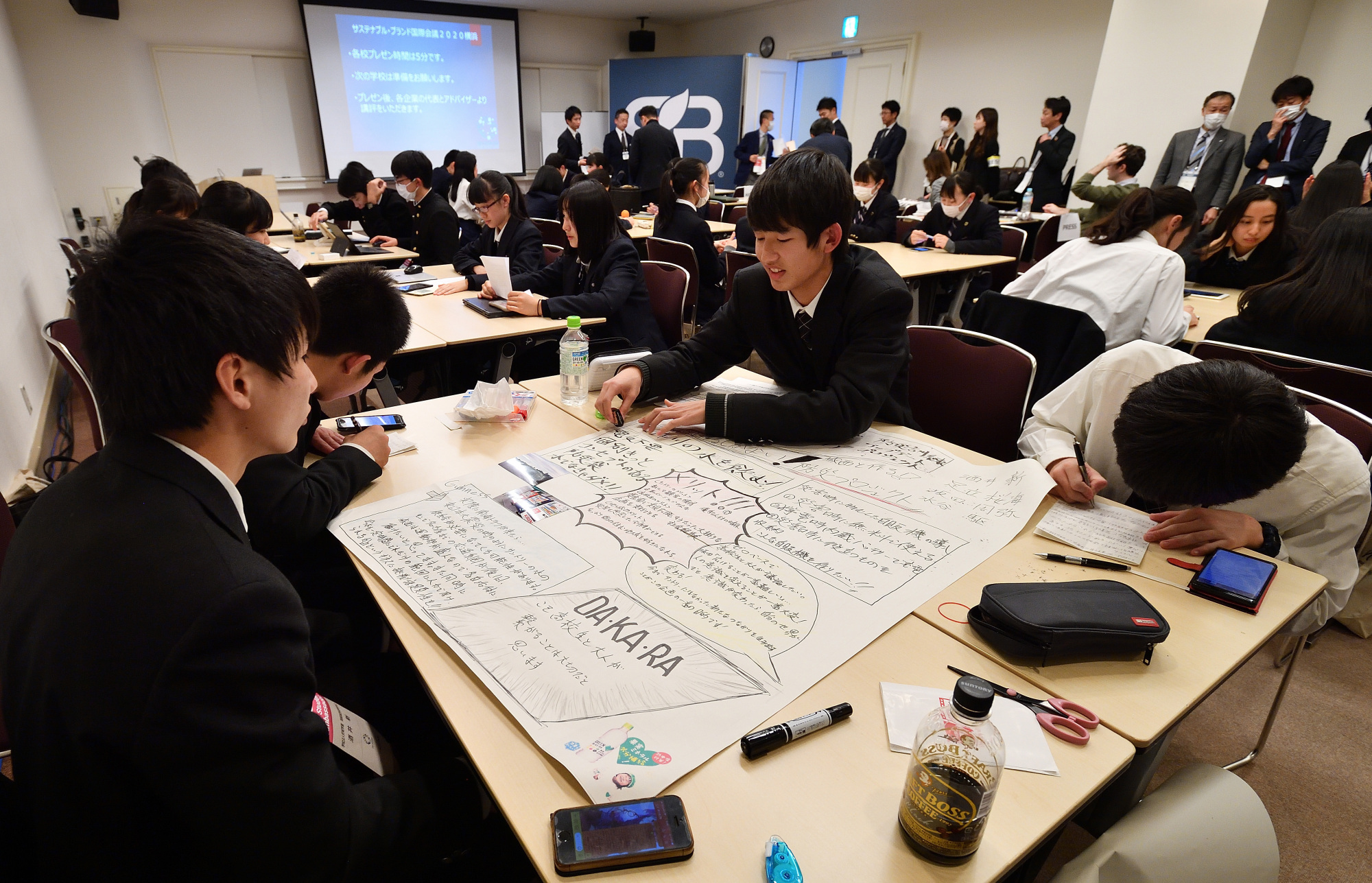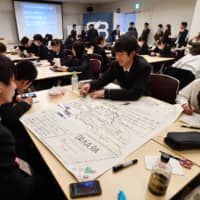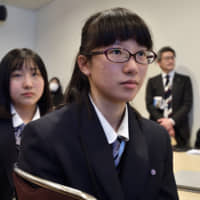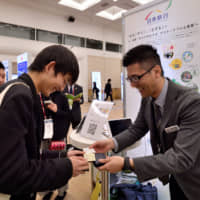On Feb. 19 and 20, throngs of people descended on Yokohama to attend the Sustainable Brands 2020 convention at Pacifico Yokohama.
This year’s convention centered on the notion of “Delivering the Good Life” and invited dozens of companies and hundreds of world-class speakers to explore how science, technology and unlikely partnerships can pave the way toward a sustainable future.
Among the attendees were students from high schools across Japan, who participated in a workshop and panel held on Feb. 20 as part of the convention’s Student Ambassador Program. Presented by Nippon Travel Agency Co., the program provided opportunities for students to speak with representatives from major Japanese companies and learn about products and services that address the 17 Sustainable Development Goals (SDGs) set by the United Nations in 2015.
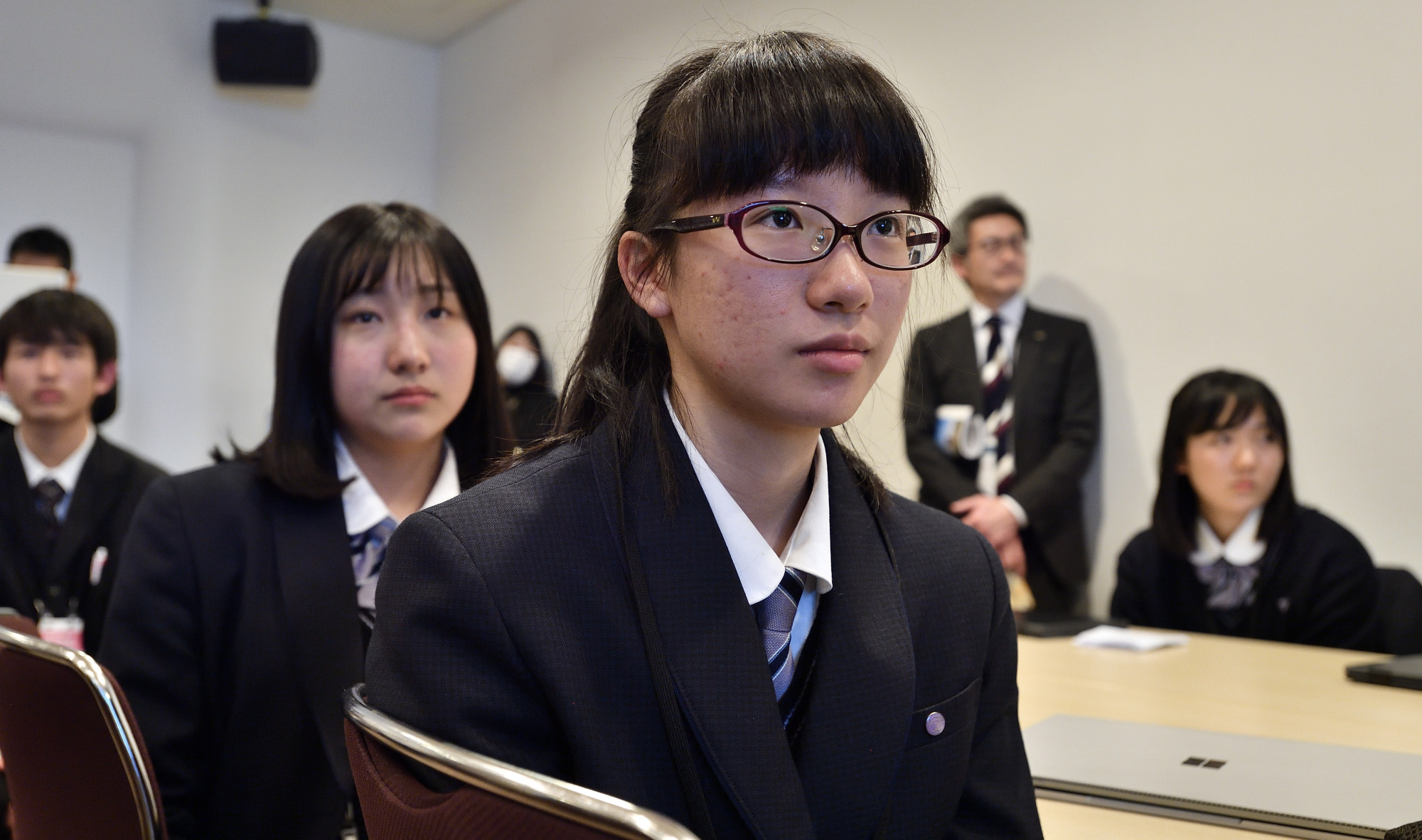
According to Ryusuke Shiiba, manager of Nippon Travel Agency’s SDGs Promotion Department, the workshop was designed to give students hands-on experience in the realm of sustainable development and help them develop team-building and communication skills. Students from Sapporo Nihon University Senior High School; Okazaki Johsei High School; Iwase Nihon University High School; Nagoya Senior High School; Mita International Senior High School; Shotoku Gakuen Senior High School; Ikuei Nishi Senior High School and Gifu Commercial and Business High School attended the event.
Before the workshop, students visited the booths of various companies to learn about new products and services that address sustainable development. With meishi (business cards) provided by Epson Corp. and printed using the manufacturer’s PaperLab sustainable printer, students got an early taste of the business world as they exchanged business cards with company representatives and shared their ideas for realizing a sustainable society.
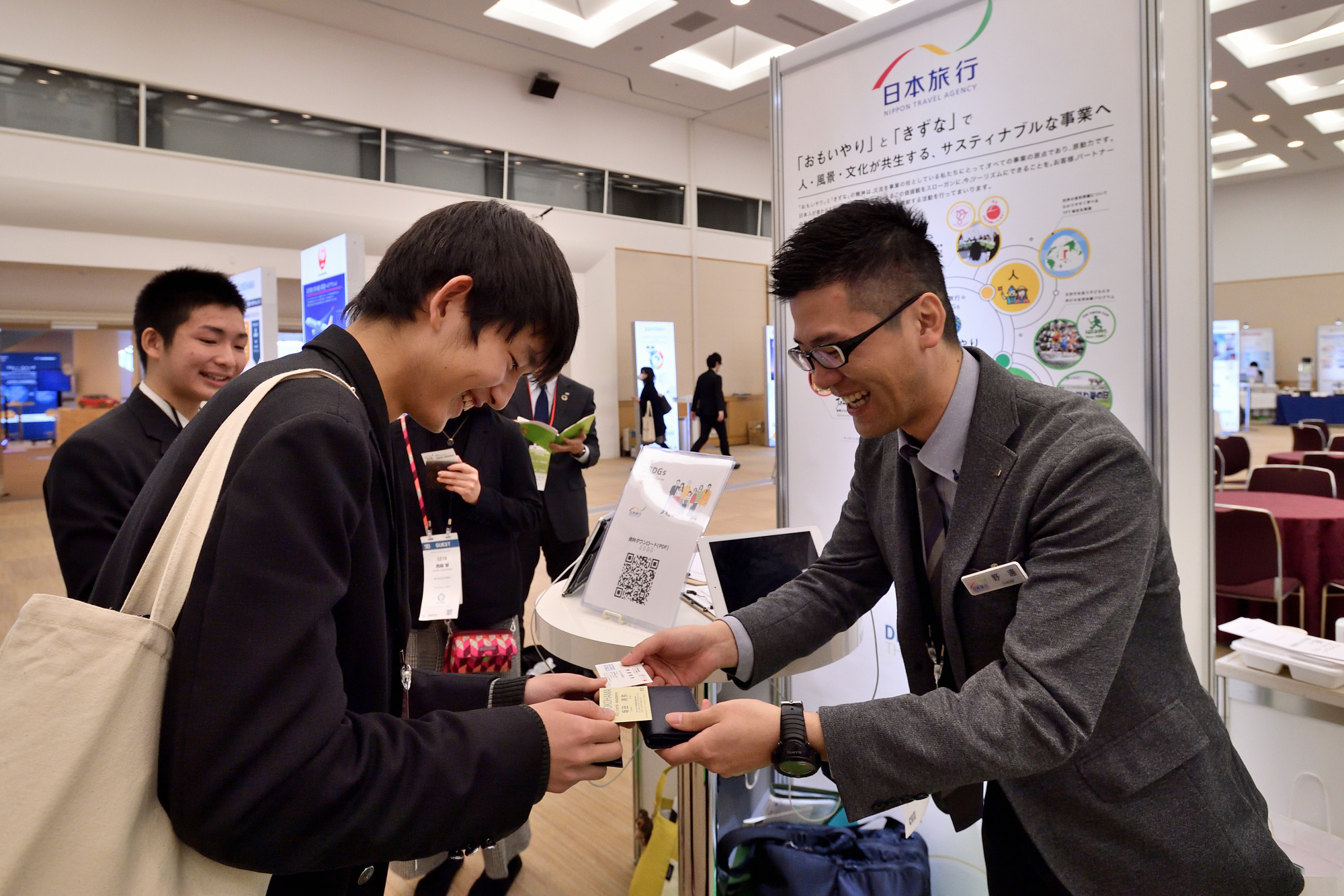
At the event, students were greeted by KoAnn Vikoren Skrzyniarz, CEO and founder of Sustainable Brands, who emphasized the importance of youth involvement in sustainable development.
“I’m so happy that all of you are here,” she said. “You are just starting your lives, and each one of you has the potential to change the world.”
Each school presented their ideas for new products and services to representatives from Nippon Travel Agency, Epson, Casio Computer Co., Suntory Holdings Ltd. and Minna-Denryoku Inc. Having prepared their presentations in advance, students were given 20 minutes to incorporate what they learned from their talks at the company booths into their presentations before making their final pitches.
The presentations introduced a wide range of products and services centered on specific SDGs. These included the implementation of robotics to address issues pertaining to aging societies; solar panels to improve education infrastructure in developing countries; chargeable vending machines for use during power outages caused by natural disasters; and a watch that tracks various health metrics and sends medical updates to family members and friends. Other ideas included environmental educational camps for children; cooperative food banks to alleviate poverty; “electric” paper for reducing waste; and a “solar sharing” initiative that promotes solar panels while discouraging the deforestation that often accompanies their installation.
Each presentation was directed at a specific company representative in attendance. The people from the various companies provided constructive feedback, challenging some groups on their sales premises while praising others for their innovative and practical ideas. The health-tracking watch pitched by students from Gifu Commercial and Business High School, for instance, was lauded by Casio, who hinted they are in the early stages of developing such a product.
The other component of the Student Ambassador Program was a panel discussion featuring five students from Kyosin Junior High School; Fukuyama Municipal Jr. and Sr. High School; Miyagi Prefectural Tagajo Senior High School; Tokyo University of Technology; and Kyoto University. The panel focused on community building and included presentations on topics such as community-oriented education, intercultural exchange, community leadership and robotics.
Ryu Abe from Miyagi Prefectural Tagajo Senior High School gave a powerful presentation on the importance of spreading awareness of the hardships experienced by regions affected by the 2011 Tohoku earthquake and tsunami, interspersing his presentation with photos he took during his travels to these regions.
“As I visited these regions, I realized the importance of recording my experiences and the things I saw so that others may learn from them,” Abe said while concluding his presentation. “I believe it’s important for both adults and future generations to be aware of these realities and the experiences of those affected by the disaster.”
The Student Ambassador Program’s workshop and panel demonstrated the importance of incorporating the perspectives of the youth — who have the most at stake in the fight against climate change — when addressing sustainable development. When asked whether society is moving fast enough, Sawa Ishijima from Iwase Nihon University High School replied, “I don’t think so.” However, she and her classmates are optimistic, saying, “If there are more opportunities like this, then I think Japan will be able to join the international community in more seriously contributing to sustainable development.”



